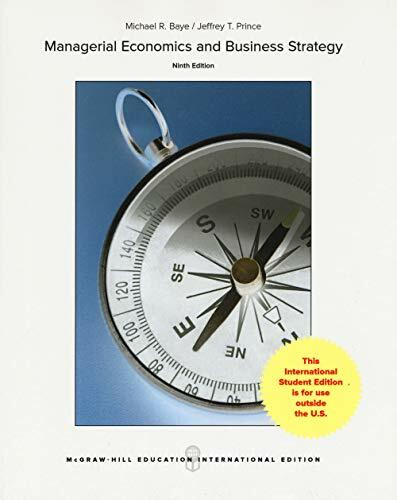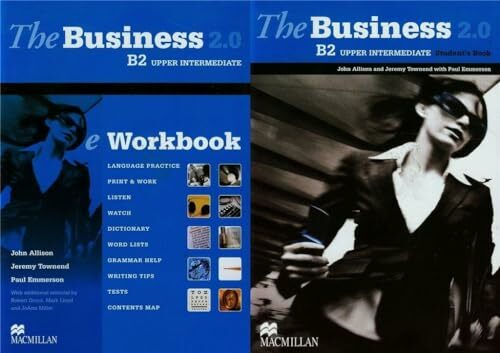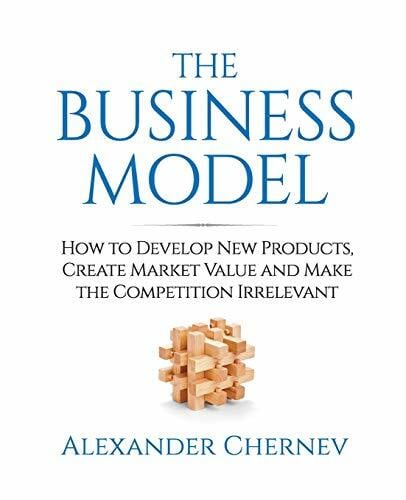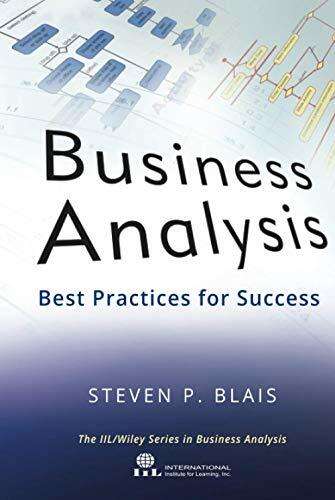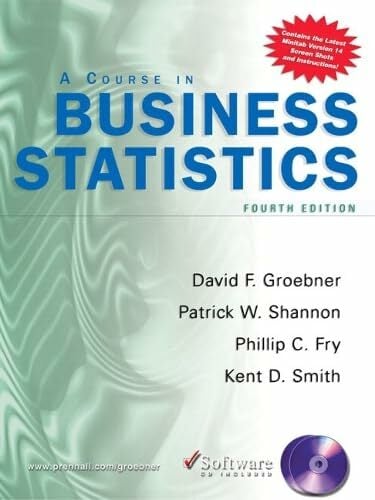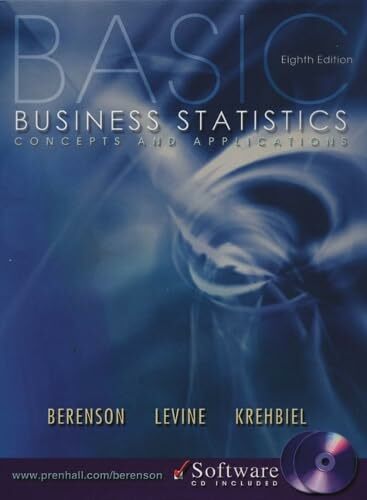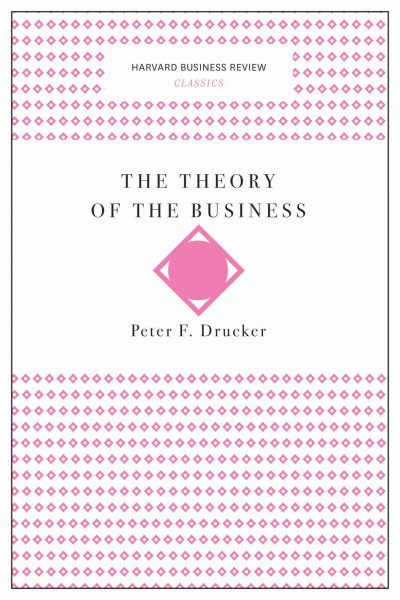
The Theory of the Business
Kurzinformation
inkl. MwSt. Versandinformationen
Artikel zZt. nicht lieferbar
Artikel zZt. nicht lieferbar

Beschreibung
Peter F. Drucker argues that what underlies the current malaise of so many large and successful organizations worldwide is that their theory of the business no longer works. The story is a familiar one: a company that was a superstar only yesterday finds itself stagnating and frustrated, in trouble and, often, in a seemingly unmanageable crisis. The root cause of nearly every one of these crises is not that things are being done poorly. It is not even that the wrong things are being done. Indeed, in most cases, the right things are being done-but fruitlessly. What accounts for this apparent paradox? The assumptions on which the organization has been built and is being run no longer fit reality. These are the assumptions that shape any organization's behavior, dictate its decisions about what to do and what not to do, and define what an organization considers meaningful results. These assumptions are what Drucker calls a company's theory of the business.The Harvard Business Review Classics series offers you the opportunity to make seminal Harvard Business Review articles a part of your permanent management library. Each highly readable volume contains a groundbreaking idea that continues to shape best practices and inspire countless managers around the world-and will have a direct impact on you today and for years to come. von Drucker, Peter F.
Produktdetails

So garantieren wir Dir zu jeder Zeit Premiumqualität.
Über den Autor
Peter F. Drucker (1909-2005) is one of the best-known and most widely influential thinkers on the subject of management theory and practice, and his writings contributed to the philosophical and practical foundations of the modern corporation.Often described as "the father of modern management theory," Drucker explored how people are organized across the business, government, and nonprofit sectors of society; he predicted many of the major business developments of the late twentieth century, including privatization and decentralization, the rise of Japan to economic world power, the critical importance of marketing, and the emergence of the information society with its implicit necessity of lifelong learning. In 1959, Drucker coined the term "knowledge worker" and in his later life considered knowledge-worker productivity to be the next frontier of management.Peter Drucker died on November 11, 2005, in Claremont, California. He had four children and six grandchildren.You can find more about Peter F. Drucker at cgu.edu/center/the-drucker-institute.

- paperback
- 424 Seiten
- Erschienen 1978
- Routledge

- Kartoniert
- 160 Seiten
- Erschienen 2013
- Macmillan Education

- Kartoniert
- 237 Seiten
- Erschienen 2019
- Pearson Studium

- Kartoniert
- 160 Seiten
- Erschienen 2013
- Hueber Verlag

- paperback
- 727 Seiten
- Erschienen 1997
- De Gruyter
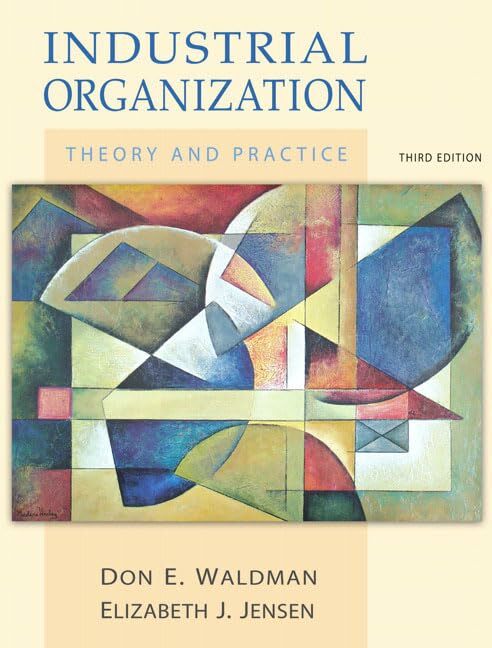
- paperback
- 712 Seiten
- Erschienen 2006
- Routledge

- Gebunden -
- Erschienen 1970
- MIT Press

- Kartoniert
- 288 Seiten
- Erschienen 2010
- Wiley

- paperback
- 756 Seiten
- Erschienen 2008
- Xlibris, Corp.

- paperback
- 468 Seiten
- Erschienen 1998
- Free Press












